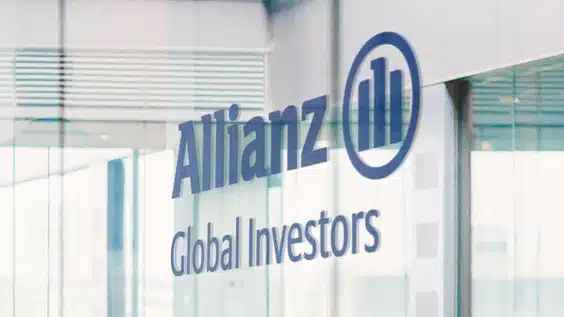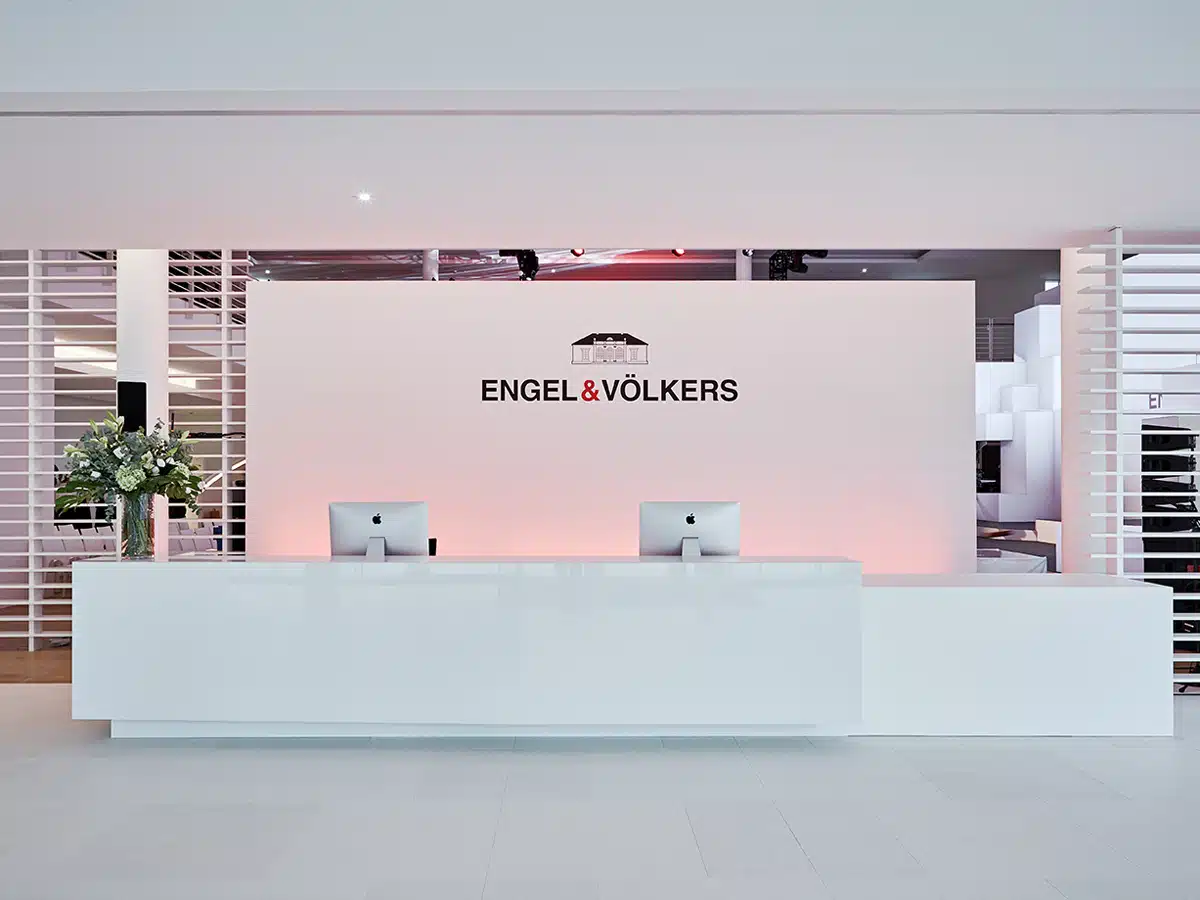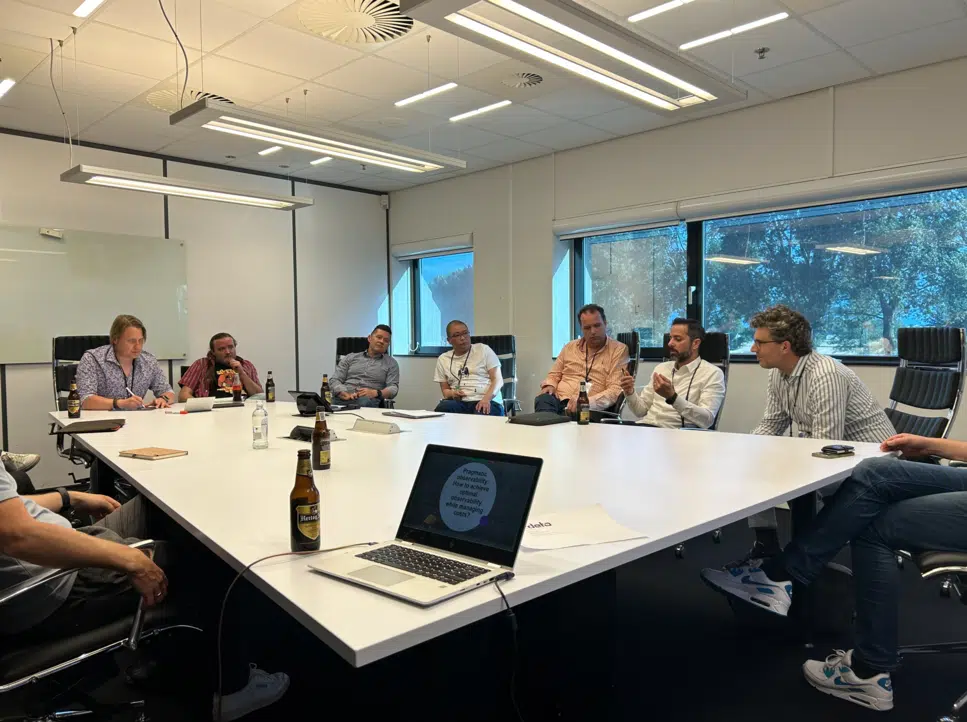We recently spoke with Rebecca Schneider, Talent Acquisition & Employer Branding Manager at heycar as part of our #TalentQA series where we interview leaders in talent management and recruitment from a range of businesses from tech startups to well-known fashion brands.
Rebecca talks about the strategies she and the team at heycar use to attract top technical talent and maintain the engagement of current employees, how the new reporting tool they have implemented is helping them to become more accurate recruiters, and the importance of employer branding and networking in today’s increasingly digital age.
Third Republic (TR): Could you explain a bit about your time working recruitment and how you got to where you are today?
Rebecca Schneider (RS): I have a degree in psychology and alongside my studies I worked in HR for quite a long time. I also worked for a fundraising agency where I was team lead and responsible for the personal development of candidates. After finishing university, I continued in personal development and joined the headquarters of a large French bank. I also did an internship in a personal consultancy where there was a lot of cold acquisition. I was working as a generalist at a startup in the very early stages. Finally, I joined heycar. Overall, I have experienced very different companies, especially when it comes to the size. I have tried to gain a more holistic HR understanding and an overview of the whole candidate journey, from very first touchpoint to the on-boarding of employees.
TR: Could you explain the importance of candidate experience in today’s increasingly digital age?
RS: As a recruiter my responsibility is to accompany candidates during their whole journey as the main contact person. It’s my responsibility to, of course, properly inform them and to answer all their questions. As well as to build a lasting relationship and also take away any insecurities they might have about the role or the company. All of this is absolutely vital to candidate experience.
I like to compare looking for a new job like dating. Both sides want to leave a good impression, especially in the digital world we live in where there are so many opportunities. On the other hand, you want to be as honest and as authentic as possible to prevent disappointments, meet expectations and just to make sure that it’s a good match between candidate and company.
TR: You recently introduced a new reporting tool to track recruitment analytics and increase the reporting that you do at Hey Car. Could you explain how this was successful and where it maybe didn’t work out so well for you and your team?
RS: The idea to implement it was that we didn’t want to rely on gut feelings when it comes to decision making. So, we built a dashboard in Tableau with BI. I myself came up with a mock-up and discussed the initiative with several colleagues. We needed to ensure that we got the metrics right. The idea is to get an overview of the whole candidate journey. Where do people start looking for jobs? Usually they search on Google, for example. But they can also go to other job boards or even at events. We set up a UTM structure with marketing and we can see when people come to our careers page. The days and times how long are they staying, and where they are coming from.
What’s the biggest learning curve during this process? It’s very important to have all the hypothesis done at the beginning. You can then confirm or reject them with the help of data, because it’s a really great danger to get lost in big data in view of all options that data offers. What we were facing, or still facing as challenges within my team is that you’re developing a new habit of looking into the dashboard on a regular basis. This can take quite a while and needs a lot of repetition. But the most important thing is that you just start somewhere, and you customise the dashboards on the metrics that your business really needs.
TR: What sort of strategies do you adopt in terms of attracting, engaging and securing talent at Hey Car?
RS: In terms of attracting talent this comes mostly from employer branding. External employer branding is about generating visibility. Not just online but in person too. We are also probably using the same strategies as many companies do. We’re posting on job boards, becoming active at events, meetups and conferences. We are active on social media and have several employer branding profiles. Currently something we’re doing is producing employee stories. What are the teams working on, what are their challenges and learnings?
In terms of internal employer branding, we see our employees as customers. We do a lot of employee (customer) research. We keep asking questions around different aspects of people’s jobs. This helps us to see what to look for what can be improved. We have for example, a weekly feedback tool where questions are asked, referring to different sections of work. Are my colleagues supportive? Does my lead provide me with constructive feedback? This way we have a good overview on a regular basis of what is going on in the company. This also means employees are providing qualitative feedback, so we can see what they’re looking for. It’s our goal to keep our employees engaged and this is just one of the ways in which we do it.
TR: In your opinion, what is the importance of employer branding when it comes to engaging candidates?
RS: You need to send a clear message to candidates. Think about your USP and what you can offer candidates that other companies can’t. When it comes to engaging the candidates during the interview process, for example, it’s important to us for the candidates to meet the whole team. This sounds like quite a lot of effort, but I think it’s worth it. It’s important that people complement each other with their different skills and personalities. Hiring people with different backgrounds and skillsets means that the team can all learn from one another.
TR: How do you think networking and events add value in terms of attracting talent?
RS: I’m a bit old school when it comes to this. I think there’s nothing better than events. I mean candidate decisions are not always a stacked list of criteria and they tick the boxes when it comes to deciding on a new job/company. It’s more personal than that. This is why I place so much value on networking and events. It’s a chance for me or my colleagues to really get to know potential candidates outside of a formal setting. I always make sure that members of the team we’re recruiting for come along to events, so the candidates can get a feeling for the vibe within the team at a very early stage. And as a result, maybe the people you meet aren’t actively looking for a job, but they might consider moving if they build up personal relationships at an early stage. Also, if you build up a network you can always reactive candidates who maybe weren’t right at the time.
TR: Could you explain some of the biggest changes that you have seen throughout your time working in recruitment?
RS: What I’ve noticed is that people don’t get excited by the little things anymore. Free fruit, tea coffee etc. You must adapt to the lives of your candidates and employees to succeed. You always have to come up with new flexible solutions to candidates. The same benefits might not work for everybody. At heycar we offer employees a credit card. They can spend a particular amount of money on whatever they want on a monthly base. Things like this are becoming much more popular nowadays as it’s appealing to everybody – people can choose.
TR: What emerging trends are you seeing in the talent acquisition industry?
RS: Like lots of people, I’m noticing more AI and machine learning tools enter the market. My top tip would be that you have to decide whether these technologies and tools are right for you and your business. It’s essential to think about and be aware of the impression you’ll leave on the other side when it comes to candidates and clients.
TR: Finally, what advice would you offer to talent professionals in order to keep up to date with the ever-evolving world of recruitment?
RS: It’s super important to stay up to date in the market. But of course, this can be difficult with how fast things are moving. To approach this goal my team and I set up a weekly deep dive into the market to keep up to date on new topics. Everyone presents their findings to the team. There’s no need to become an expert in the topic, but it’s good to know what’s going on in recruitment as well as the markets that your company operates in. You just need to dedicate 15 minutes each week – everybody has time to do that.
If you’d like to take part in our #TalentQA series or you’re looking to source technical talent, get in touch today!




